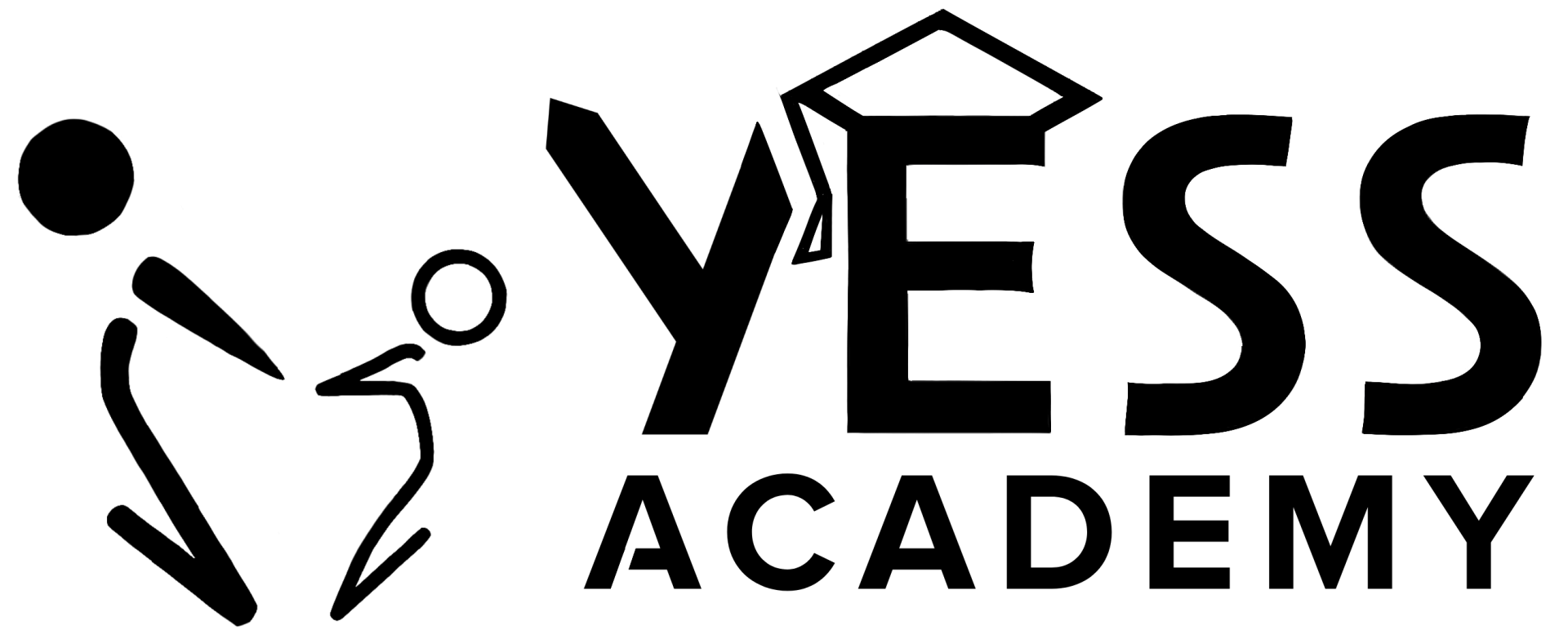Why do we make risky decisions when we are young?
Why do we make risky decisions when we are young?
The answer lies in the physiological and neurological development of the brain during adolescence.
As the brain is still developing, the areas responsible for impulse control and emotional regulation are not yet fully developed, making youth more likely to engage in impulsive and risky behaviors. Additionally, genetics, environmental stressors, and early life experiences can also influence decision-making.
As the brain is still developing, the areas responsible for impulse control and emotional regulation are not yet fully developed, making youth more likely to engage in impulsive and risky behaviors. Additionally, genetics, environmental stressors, and early life experiences can also influence decision-making.
While experimenting is a natural part of growing up, experimenting with drugs can have lasting consequences (Read: How does Cannabis abuse impact brain development). It's crucial to educate youth about the risks of drug use and provide them with accurate information to make healthy choices. This is where cannabis education comes in.
Cannabis education for youth - like the YESS Academy Healthy Lifestyles Cannabis Awareness and Education e-Learning Curriculum - is important in building awareness and preventing drug use and reducing its negative consequences. Instead of relying on scare tactics and fear-mongering, effective drug awareness programs should focus on providing accurate information and helping youth understand why making healthy decisions is important. This is the approach that YESS Academy stands by, because our goal is to help youth make healthy decisions - for themselves.
Cannabis education for youth - like the YESS Academy Healthy Lifestyles Cannabis Awareness and Education e-Learning Curriculum - is important in building awareness and preventing drug use and reducing its negative consequences. Instead of relying on scare tactics and fear-mongering, effective drug awareness programs should focus on providing accurate information and helping youth understand why making healthy decisions is important. This is the approach that YESS Academy stands by, because our goal is to help youth make healthy decisions - for themselves.
Research has shown that providing information and empowering youth to make healthy choices can be effective in reducing drug use. Programs that focus on providing accurate information and empowering youth to make their own decisions have been more successful than programs that use scare tactics.
It's important to note that adolescents are not the only ones who make risky decisions. Because the human brain is still developing until age 25, teenagers, young-adults and adults can (and do!) also engage in risky behaviors, and it's important to provide education and support for individuals of all ages. By providing cannabis education, we can empower youth to make healthy choices and reduce the negative consequences of drug use in their lives and future endeavors. YESS Academy's Healthy Lifestyles Cannabis Education and Awareness Curriculum has countless resources to help bring practical education into your life.
5 Key Takeaways
1. Youth often make risky decisions due to the physiological and neurological development of the brain during adolescence.
2. Genetic, environmental, and experiential factors can also influence a youth's decision-making.
3. Educating youth about the risks of drug use and providing accurate information can be effective in reducing drug use.
4. Fear-based tactics have been repeatedly shown to not be an effective approach to drug education; instead, empowering youth to make healthy choices is key.
5. Cannabis awareness and education plays a vital role in preventing drug use and reducing its negative consequences for youth, and effective drug awareness programs should be accessible for individuals of all ages.
2. Genetic, environmental, and experiential factors can also influence a youth's decision-making.
3. Educating youth about the risks of drug use and providing accurate information can be effective in reducing drug use.
4. Fear-based tactics have been repeatedly shown to not be an effective approach to drug education; instead, empowering youth to make healthy choices is key.
5. Cannabis awareness and education plays a vital role in preventing drug use and reducing its negative consequences for youth, and effective drug awareness programs should be accessible for individuals of all ages.
For more great content like this, subscribe to our newsletter!
Thank you!
References:
Casey, B. J., Jones, R. M., & Hare, T. A. (2008). The adolescent brain. Annals of the New York Academy of Sciences, 1124(1), 111-126.
National Institute on Drug Abuse. (2014). Principles of adolescent substance use disorder treatment: A research-based guide. National Institutes of Health.
Kandel, D. B., & Yamaguchi, K. (1993). From beer to crack: Developmental patterns of drug involvement. American Journal of Public Health, 83(6), 851-855.
Botvin, G. J., Griffin, K. W., Diaz, T., & Ifill-Williams, M. (2001). Drug abuse prevention among minority adolescents: Posttest and one-year follow-up of a school-based prevention intervention. Prevention Science, 2(1), 1-13.

-
1385 S. Colorado Blvd 610-A
Denver, CO 80222 -
303-709-8178
Youth drug awareness/education that works.
